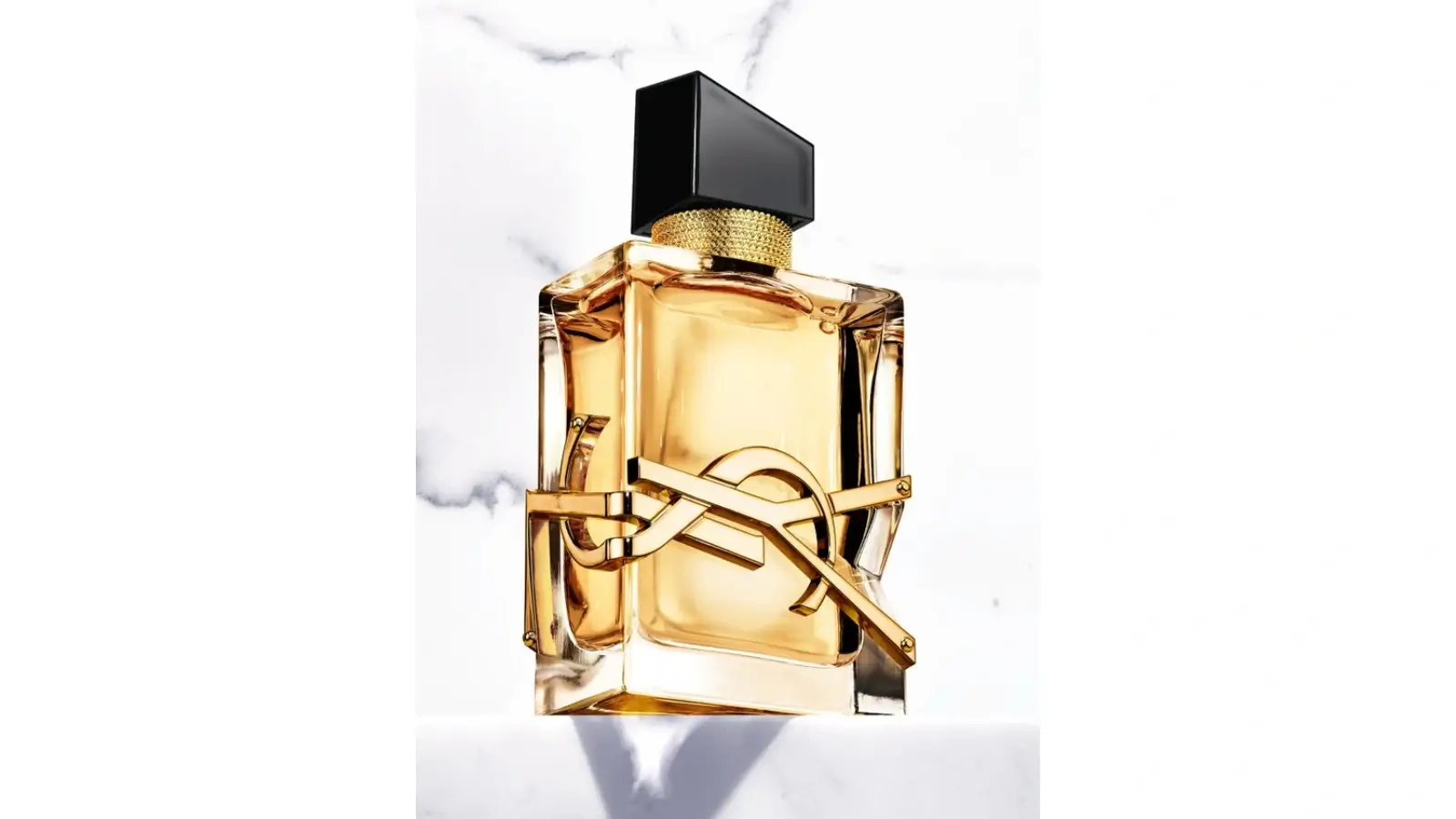


The fragrance of perfume has a spot in the history, culture, and self-representations, which makes it not only an element of a particular era but also a tradition of self-representation. Perfumes have been in existence since ancient times, telling stories without words and bearing with them histories, nostalgia, and emotions. Located on the island of Manhattan, the art of perfumery has continued to evolve, alongside endless perfume questions, for those who seek self-expression beyond sensory pleasure.
The history of perfume goes back to ancient society. The Egyptians applied aromatic oils in certain religious roles, and the Greeks and Romans involved aromas as part of adornment, clothing, and social functions. Perfume became not only a symbol of luxury but also a method of getting in touch with a deity. Medieval people thought that perfumes could heal and that it cleaned the air around the person being perfumed. These practices were the basis of modern perfumery.
By the Renaissance, perfume had become very common in Europe. In particular, France emerged as the center of fragrance production, with Grasse being seen as the perfume capital even to this day. This long-running culture highlights the fact that fragrance has influenced cultures and ways of life since time immemorial.
Perfume creation is Science and Art both A fragrance usually takes time to build and the length of time it will take is dependent on the notes that the fragrance can be broken into (the top notes are light and airy, the heart notes define the overall aspect of the fragrance and the base notes are the longest lasting notes in the fragrance). When these layers are combined on the body, a unique olfactory experience with each layer results.
Modern perfumers use synthetics in combination with natural raw materials, like rose, jasmine and of sandalwood with respect to a defined fragrance. The blend of practice and innovation results in endless creativity in the creation of the perfumes that are memorable and unique.
The smell is best connected to the human memory and mind. Once fragrance opens the door to a particular time, place, or relationship. Scent is, to many people, more about expressing personality than it is about smelling good. Some will like light, floral scents reminiscent of poise and romance, and some favor big, spicy scents which reflect self-confidence and power.
Perfume is situational as well. Customers tend to choose perfume based on the current event, such as a faint smell for work, a strong and bright smell in everyday situations, and a strong, sensual perfume at night. This is what makes perfume such an effective form of self-expression.
More than personal identity, perfume has a powerful cultural reading. In the Middle East, such fragrances as oud and amber are very traditional values and welcome. In Western society, the image of perfumes is already deep-rooted, something linked to fashion, luxury, and an element of artistic imagination and creativity. The universality of fragrance is the reason why it becomes a global phenomenon as it crosses boundaries and unites people in different societies.
Most recently in literature and, more notably in film as well it has been seen that perfume can be so much more than a luxury object; in fact, this exemplifies the idea of art or the object of beauty and is a statement of desire, mystery, and even power. This cultural influence points to the timeless magic of perfume in human narrative.
The perfume market keeps on changing to reflect new trends with the theme of modern living. Two trends in particular are the shift towards niche fragrances, which emphasize distinctiveness and artisanship over commercialism. The consumer is ever more demanding of perfumes that have a personal touch versus a mainstream product.
Sustainability has equally turned out to be a focal point of interest. Sustainability is a major concern, and more brands are considering sustainable packaging, as well as ethically derived ingredients and cruelty-free production techniques. Gender-neutral fragrances are another trend, otherwise breaking the traditional ways of marketing perfumes as either men's or women's perfumes. It is a part of a cultural aspect of inclusivity and liquidity of personal style.
In the history of perfume, some fashion and beauty houses have significantly contributed to the fragrance culture. For example, Yves Saint Laurent has been influential in redefining how perfumes can embody both boldness and elegance. The history of the brand shows that perfume is not only a matter of personal expression but also a part of a greater culture and artistic initiative.
Likewise, individual fragrances have become iconic in terms of the perfumery industry. A scent like Yves Saint Laurent perfume represents how fragrance can become timeless, continuing to inspire new generations while retaining its historical significance.
The options are extensive, and most likely, you do not know where to start shopping for perfume. A stepwise development would be to experiment with various types of fragrance notes, like floral, wood, citrus or oriental to find out liked and disliked notes. It is important to sample perfumes on the body and not a strip of paper, since our body functions and chemistry may change the way the smell takes form.
One would also like to consider longevity and projection. There are fragrances that last longer, and some only stay longer on the skin. After all, the perfect perfume is the one that makes the wearer feel confident and comfortable and just plain old them.
Perfume has risen above the hybrid status as it is wearing a luxury to become a traditional cultural expression and a personal identity. It has a rich past that depicts human ingenuity, and its future remains progressive in initiatives about innovation, inclusivity and sustainability. This use of fragrance as a universal language is used whether we use it in rituals, as a memory or a style, fragrance is used to appeal to the senses as well as the soul.